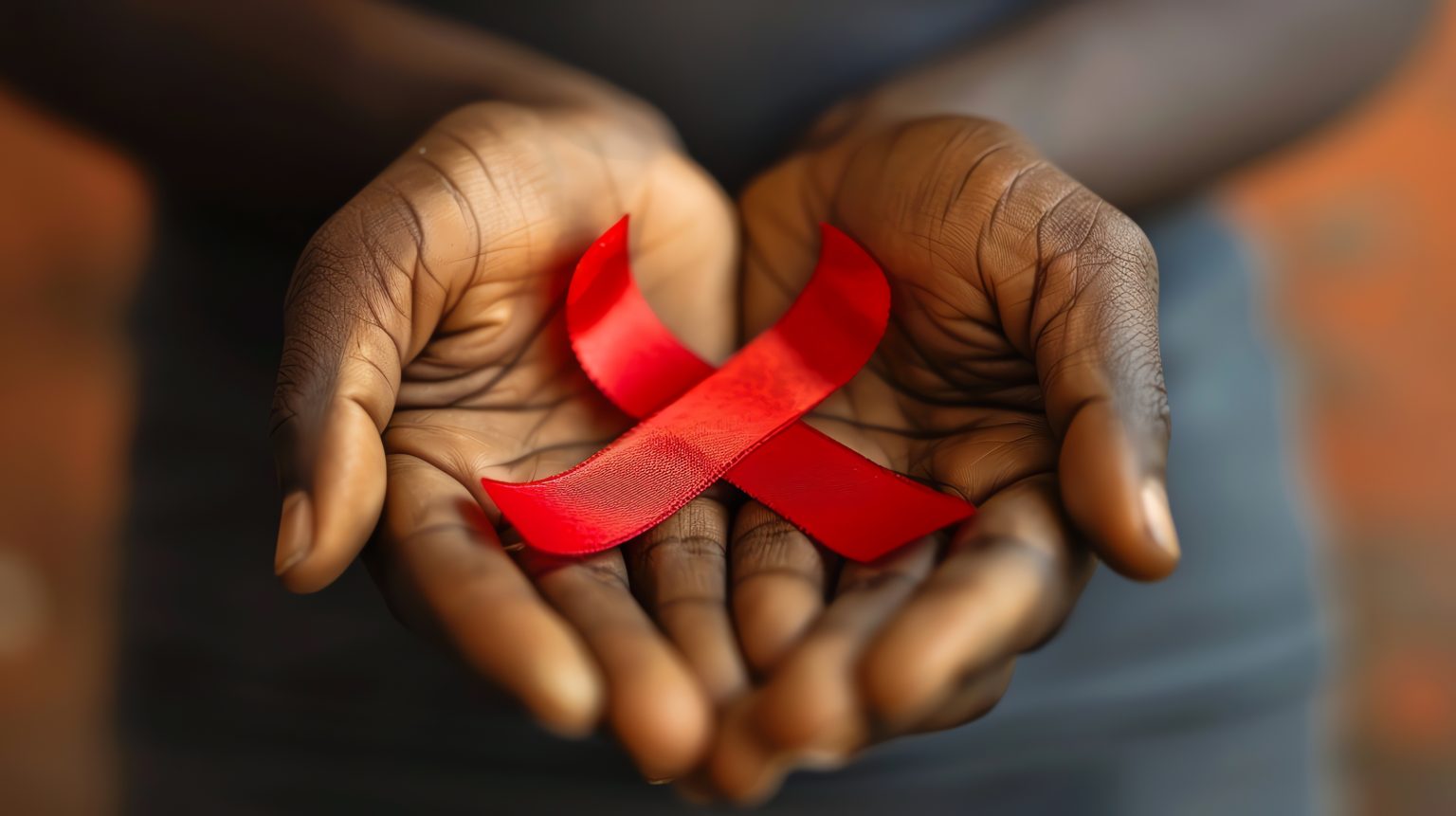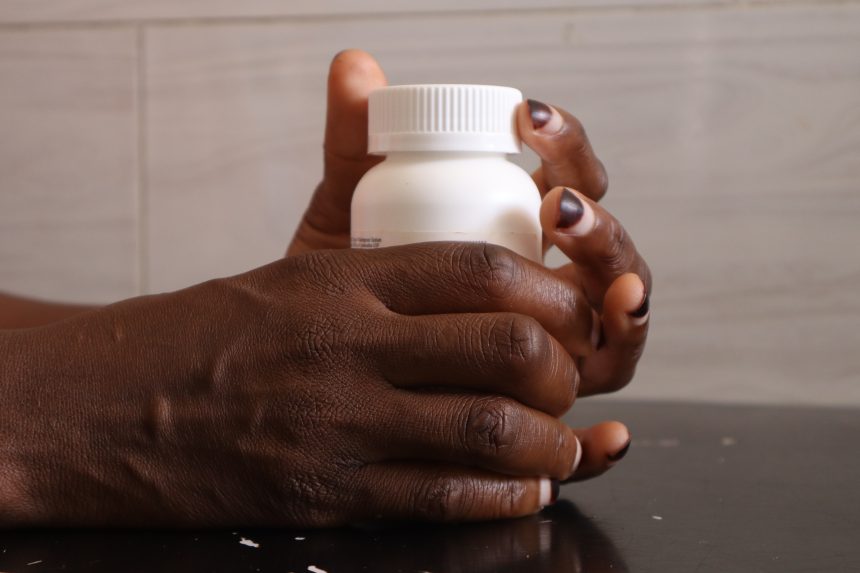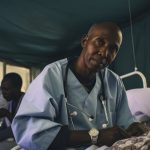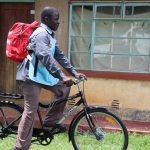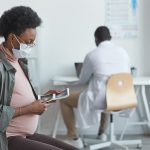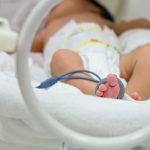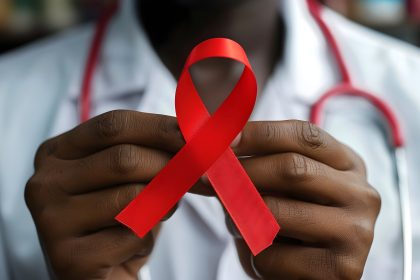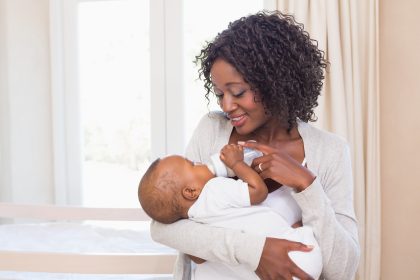Grassroots initiatives are people-centred, address holistic needs and reach the most vulnerable, thus transforming healthcare systems and changing lives beyond HIV.
Communities of people living with or affected by HIV have been at the forefront of delivering HIV related services since the beginning of the HIV epidemic.
UNAIDS, with the 2gether 4 SRHR Programme, recently launched a publication that shows the incredible role of community-led and community-based service delivery in shaping the HIV response and influencing broader health outcomes with far-reaching success.
These grassroots initiatives are people-centred, they address the holistic needs of the person, and they are reaching the most vulnerable, as a result, they are transforming healthcare systems and changing lives in lasting ways that go beyond HIV.
Community-led and community-based systems are showing us how healthcare should be delivered. Here are five of the most compelling ways:
Tackling mental health and trauma in the community
Mental health support is often overlooked in formal health systems, but community-led organisations are stepping in to fill the gap.
Groups like Dlalanathi in South Africa use child-centred play therapy to support grieving children, while Ishtar MSM in Kenya and Tranz Network Uganda (TNU) provide psychosocial care for LGBTQI individuals and sex workers facing trauma, stigma, and substance use.
These services are not just healing individuals; they are strengthening families and entire communities.
Bringing healthcare home with mobile clinics and peer workers
Organisations are innovating how healthcare is delivered with home-based care, mobile clinics and mentor mothers.
Mentor Mothers are trained community health workers, often women living with HIV, who provide support, education and health and HIV-related guidance to pregnant women, new mothers and families.
Philani in South Africa trains “mentor mothers” to deliver maternal and child health services directly to households.
Meanwhile, Ahitipaluxene in Mozambique provides volunteer-based home care, and TASO in Uganda reached over 20,000 people with HIV services using peer outreach. Healthcare is literally meeting people where they are.
Bridging health and economic empowerment
Community-led initiatives recognise that poverty is a barrier to accessing healthcare. As a result, they often offer economic empowerment. In Kenya, WOFAK supports women with microcredit loans.
In Zambia, Kwasha Mukwenu runs a skills training centre for women and youth. In Namibia, TOV is turning eggs, chickens, and fish into income streams that support children’s education. Yes, health is about money too.
Fighting stigma and advancing rights
Dignity and inclusion are essential to delivering quality health care. That’s why organisations like Rainbow Mirrors Uganda and Ishtar MSM are advocating for the rights of marginalised groups.
They are creating safe spaces for LGBTQI individuals, challenging criminalisation laws and leading public education campaigns. These groups go well beyond just providing services, they are redefining what inclusive, rights-based healthcare looks like.
Creating holistic, people-centred support systems
The real power and strength of community-led models is in their flexibility. These organizations respond to what people actually need. They work holistically, providing a range of services from education and housing to gender-based violence prevention and child protection. For example, Uganda Young Positives offers everything from peer support groups to entrepreneurship training for HIV-positive youth. Their work shows that true health means supporting the whole person.
Community-led and community-based health systems are setting new standards for the way healthcare is delivered – people-centred and holistic. As global health challenges grow more complex, if we want greater impact and better health outcomes, healthcare starts with and in the community.
Christoforos Mallouris is the Regional Adviser for Equality And Rights For All, UNAIDS Support Team for Eastern and Southern Africa.



